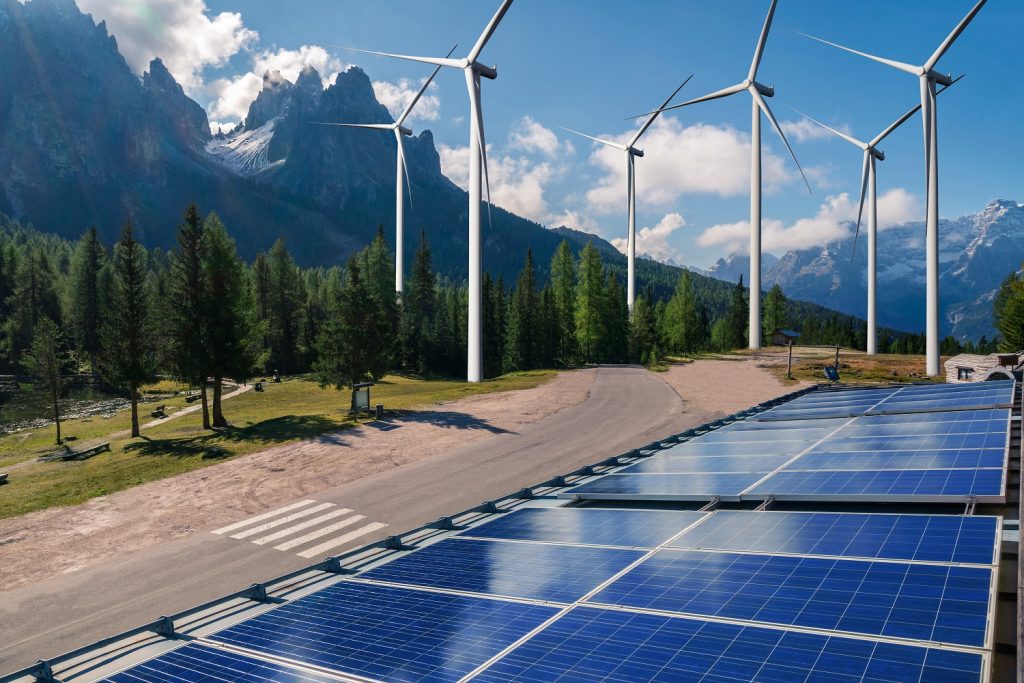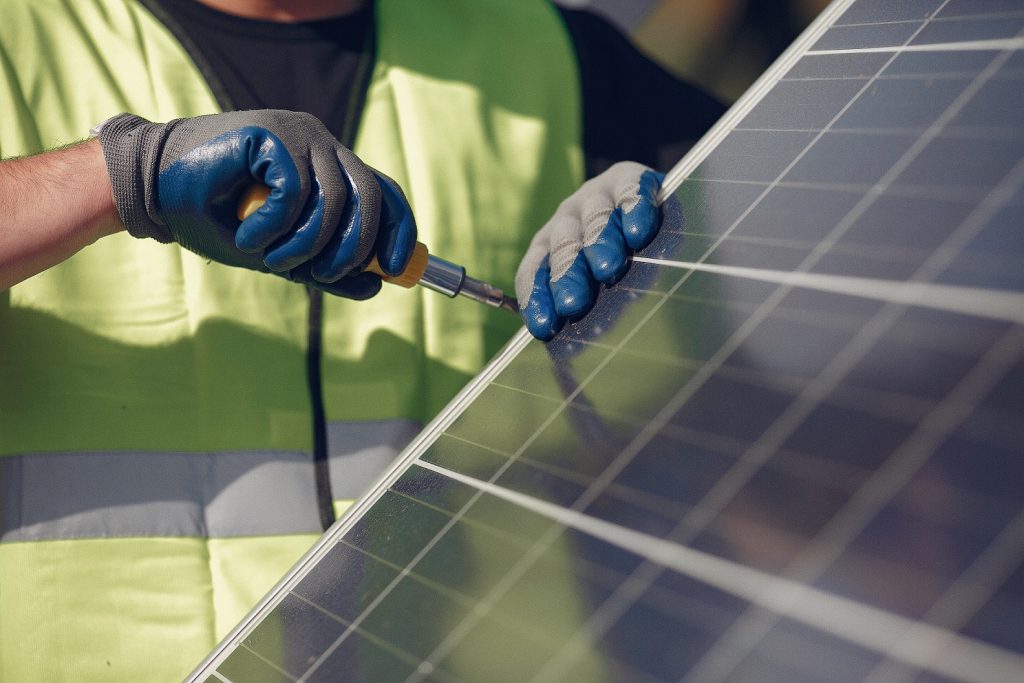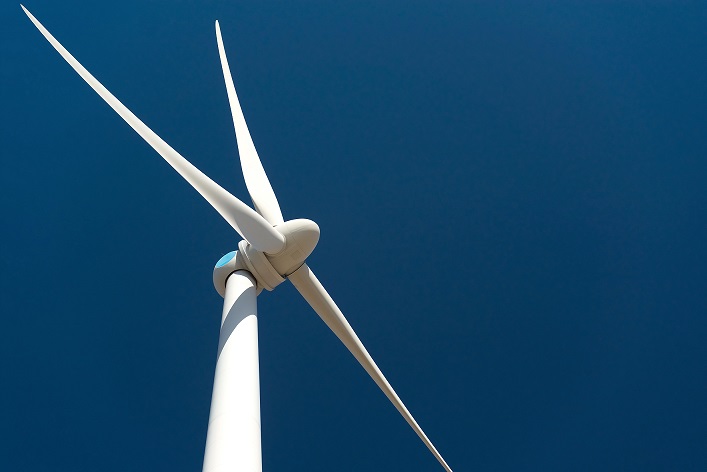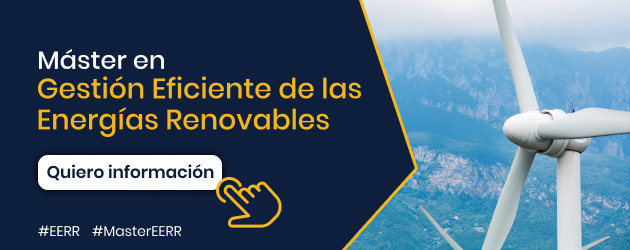Ensure the accelerated deployment of Renewable Energy in the EU.
Recently the Council of the European Union has made official a new regulation to promote and accelerate the deployment of renewable energies in all associated countries.
This with the aim of mitigating and reducing as much as possible the energy impact caused by the Russian-Ukrainian conflict and the reduction of the distribution of pipeline gas to European countries and the increased risk of total interruption of the supply of Russian gas.
With a view to reducing the volatility of energy consumption prices, which have reached historic increases in the summer of 2022, deteriorating the energy market and contributing to generalized inflation in the Euro zone, and with the aim of ensuring the continued energy supply of the Union, a series of actions have been implemented through this program that aim to reduce the demand for energy derived from gas, to be replaced by the implementation of renewable energy systems and thus increase the security of energy supply.
This series of specific, immediate and temporary measures will make it possible to boost the pace of deployment of renewable energy sources throughout the European Union in the short term, thus providing a solution to the current energy emergency.
The new regulations focus mainly on the rationalization of the authorization granting process applicable to renewable energy projects, taking into account that these facilities are of higher public interest, contribute to public health and safety and take into consideration the environmental impact. of the territory in which they will be located, in conjunction with mitigation and conservation measures for the species involved.

General features:
As general aspects, the new regulations focus on the following points:
- Rebuttable presumption that renewable energy projects are of overriding public interest for the purposes of the relevant environmental legislation, or the introduction of clarifications on the scope of application of certain environmental directives.
- Simplification of the authorization framework for the repowering of electricity production facilities from renewable energies with the aim of focusing on the impacts derived from modifications or expansions with respect to the original project.
- More expeditious and accelerated granting of authorization for solar projects on existing structures, wind energy projects and projects to implement heat pumps for heating through renewable energies.
These urgent measures will be directed at specific technologies and types of projects that have the greatest potential to be deployed rapidly and produce an immediate effect on the objectives of reducing the rise in prices and demand for natural gas, without limiting global energy demand.
The new regulations contemplate clearly defined measures to promote the implementation of renewable energy systems, which we review below:
Facilitate and encourage the installation of solar energy equipment for individual and collective self-consumption, with the aim of promoting the creation of local energy communities that allow for less expensive, more accessible implementation and reducing the environmental impact.
Reduce the authorization granting times for wind energy and heat pump installations for heating, replacing the natural gas boiler and reducing the use of gas for heating as much as possible.
Another characteristic of the standard is that it allows the exemption from certain environmental assessment obligations for renewable energy projects, energy storage and electrical grid projects focused on integrating renewable energies within their system, all this as long as the location is considered. of the facilities in the Renewable Energy area or the Network subject to environmental evaluation and where a proposal for the protection of species is contemplated, mitigations adopted or, failing that, compensation measures for the environmental effects produced.
The application of this regulation must be ensured proportionately and adequate protection of the rights and legitimate expectations of all interested parties must be ensured.
These measures aim to accelerate the EU's decarbonisation process, eliminating bottlenecks in the granting of authorisation.
Taking into account that solar energy is key to eliminating independence from fossil fuels, through this regulation the development of the resilient industrial value chain in the EU will be promoted through the Solar Photovoltaic Industry Alliance, emphasizing the acceleration of authorization processes for solar energy projects installed on artificial systems, shortening the authorization granting periods to a maximum of 3 months.

Repowering:
Repowering is another of the fundamental pillars of this regulation, with significant potential to rapidly increase the production of renewable electricity, and reduce gas consumption, as it reduces the need to designate new sites for renewable energy projects, shortening the administrative processes to a maximum of 6 months for authorization, contemplating already approved environmental impact measures, and promoting replacement with equipment of greater efficiency and scope in the bases of an already built project as long as changing the dimension is avoided and maintaining the measures environmental mitigants.
It should be noted that the installation, construction or repowering period and its connections are not considered in the deadlines, as long as it does not coincide with other administrative processes, nor will the procedures associated with network improvements required to guarantee stability, reliability and security be considered. .
The spirit of the regulation is focused on the principle of energy solidarity of the EU, a law applicable to all member countries, allowing the effects derived from the rapid deployment of renewable energy projects in a state to cross borders, resulting in a shared benefit in terms of security of energy supply, encouraging the reduction of prices and the need for gas consumption at a global level throughout the European territory.
Finally, the period of validity of this regulation contemplates 18 months with entry into force from its publication in the Official Journal of the European Union on December 29, 2022, with the possibility of extending it after undergoing review, with a maximum period of up to December 31. December 2023
Review in depth the new regulations for the acceleration of renewable energies in the EU here.
Delve into energy efficiency and specialize in the latest technologies, policies and methodologies associated with renewable energies, specializing with our Master in Efficient Management of Renewable Energy.



































